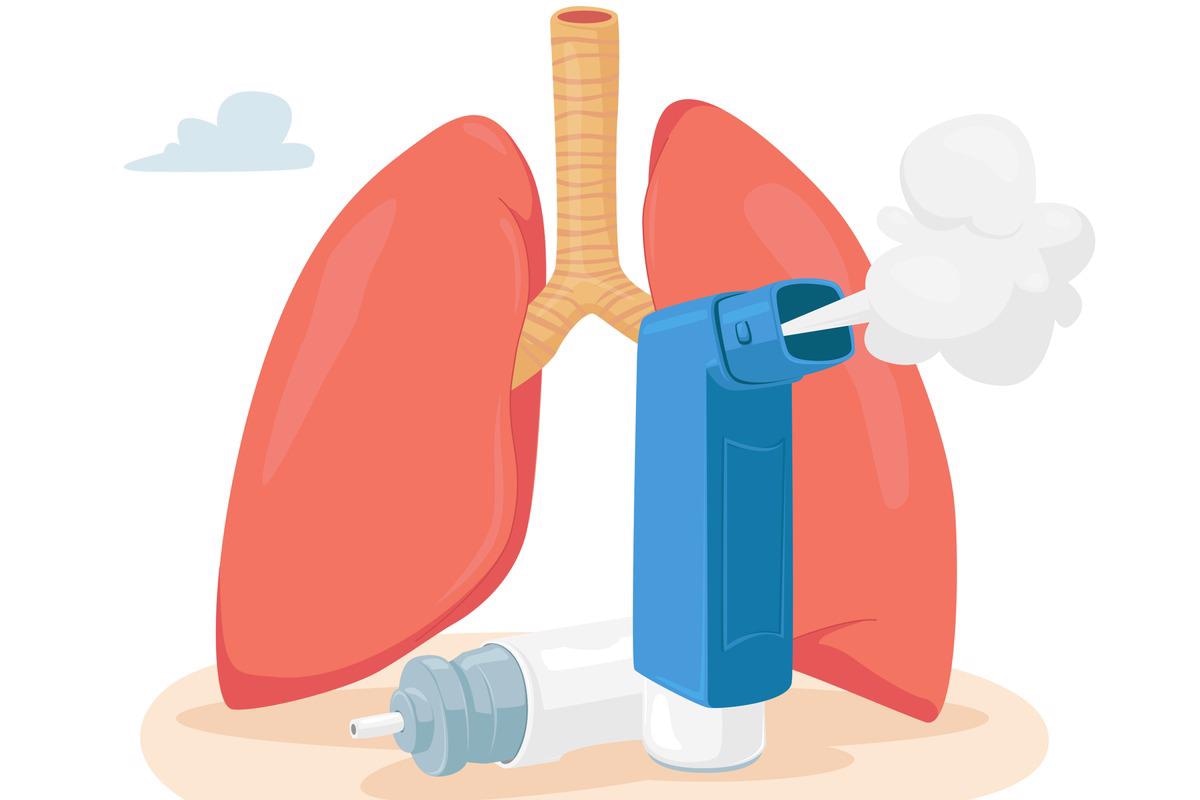In a recent study published in The Journal of Allergy and Clinical Immunology: In Practice, researchers noted that coronavirus disease 2019 (COVID-19) could trigger poor pediatric asthma control.
 Study: COVID-19 infection may trigger poor asthma control in children. Image Credit: lemono/Shutterstock
Study: COVID-19 infection may trigger poor asthma control in children. Image Credit: lemono/Shutterstock
Background
Respiratory infections, including those caused by coronaviruses, are significant triggers of asthma attacks. However, it was expected that children with asthma would experience more attacks in the COVID-19 pandemic. This was probably because of fewer respiratory diseases due to COVID-19-related measures such as stay-at-home orders.
According to a number of studies, severe acute respiratory syndrome coronavirus-2 (SARS-CoV-2), the etiologic agent of COVID-19, might not be a significant trigger of asthma and suggests that COVID-19 might not exacerbate asthma outcomes in the pediatric population. However, these studies were limited by not including a comparison cohort or having smaller sample sizes.
The study and findings
In the current study, researchers investigated whether SARS-CoV-2 causes poor asthma control.
The research team identified almost 62,000 asthmatic individuals aged 2 – 18 years from the Cerner real-world data covering 108 health systems in the United States. These subjects took a polymerase chain reaction (PCR) test for SARS-CoV-2 between March 2020 and February 2021. Asthma control was evaluated by measuring oral corticosteroid (OCS) fills, short-acting-beta-agonists (SABA) fill rates (more than three cannisters/6 months), visits to the emergency department (ED), and hospitalization per 1000 patients per six months. The incidence rate was compared using Poisson regression analyses via generalized estimating equations. SARS-CoV-2-positive asthmatic children were compared to the SARS-CoV-2-negative cohort.
The team noted that COVID-19-positive asthmatic children were relatively older and ethnically Hispanic with non-high-risk asthma than SARS-CoV-2-negative subjects. Further, COVID-19-negative patients showed significant decreases in asthma-related ED visits, OCS fill rates, hospitalizations, and SABA usage after six months of PCR test relative to six months before PCR testing.
On the other hand, those positive for SARS-CoV-2 had significantly increased the number of ED visits, and OCS fills with only a marginal rise in hospitalizations or use of SABA post-infection.
In the six months before taking PCR tests, there were no significant differences between the two groups for ED visits, hospitalizations, or SABA fill rates. In the six months post-PCR testing, COVID-19-positive patients exhibited significantly higher morbidities than COVID-19-negative subjects. The incidence rate ratios (IRRs) were 1.73 for ED visits and 4.81 for hospitalizations, 1.5 for OCS fill rate, and 1.66 for SABA fill rate.
Conclusions
The present findings revealed that asthma outcomes were improved in non-COVID-19 patients (PCR-negative), but those with a confirmed SARS-CoV-2 infection have poor asthma outcomes in the following six months of COVID-19 diagnosis. Although an overall improvement in asthma control was observed during the pandemic, it has been speculated that this might be a consequence of increased public health measures and hygiene and reduced exposures to viral or particulate matter triggers.
However, the effect of COVID-19 was discernible when compared to controls, with all parameters exhibiting significant differences. The authors posit that the triggering effect of SARS-CoV-2 on asthma was masked by the COVID-19-induced stay-at-home orders and other restrictive policies when other triggering agents of asthma were fewer or negligible.